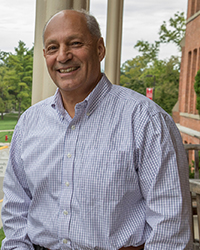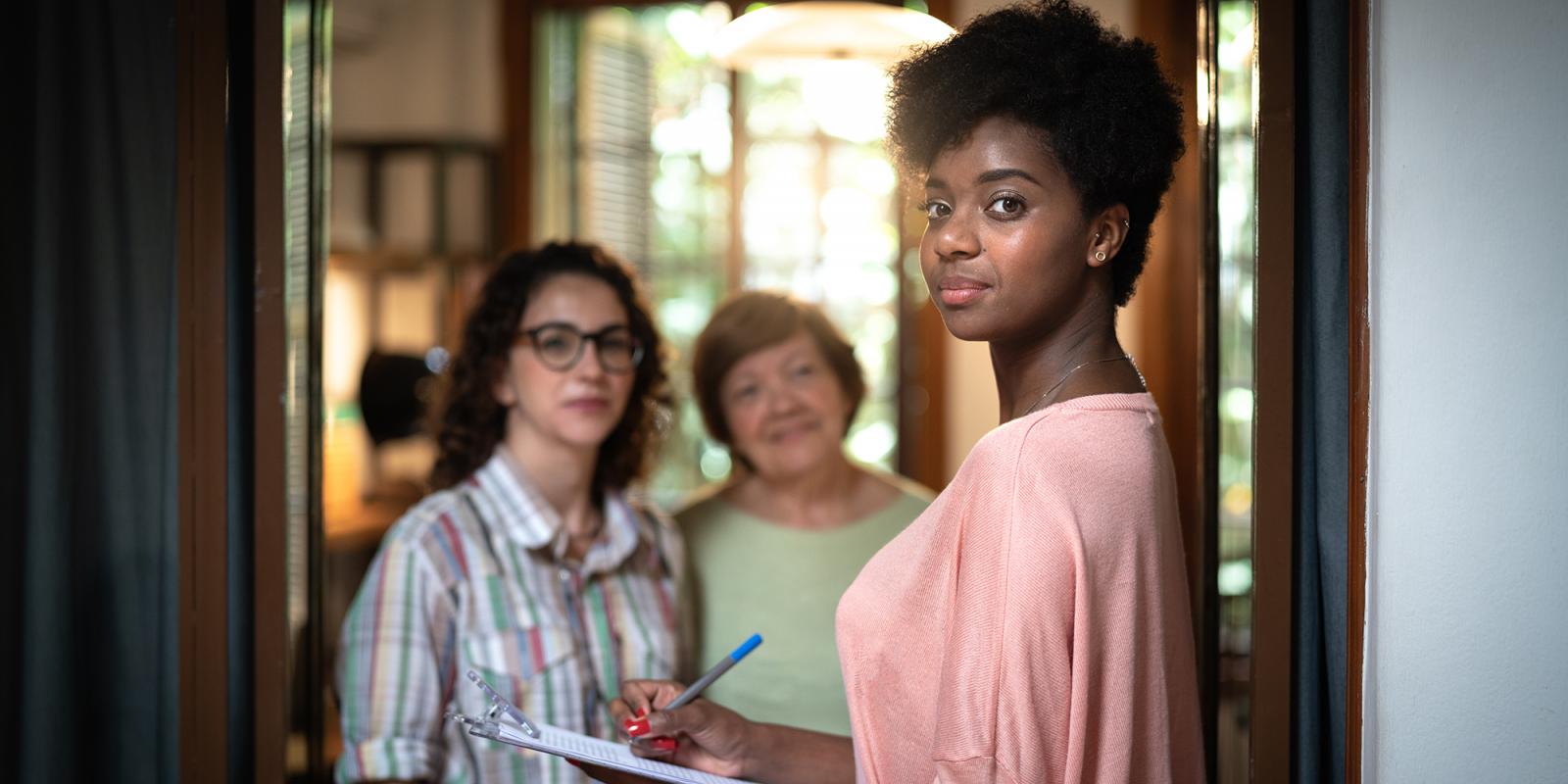Anyone who has worked with older adults or cared for older family members quickly understands just how unmanageable many elders’ lives can become once a cascade of illnesses hits. The guest editors of this Spring issue of Generations, “As the World Turns: Care Management’s Continued Role in an Ever-Changing Delivery System,” are both researchers who share a deep commitment to change.

Robert Applebaum directs the Ohio Long-Term Care Research Project and is a professor and Scripps research fellow in the Scripps Gerontology Center at Miami University in Oxford, Ohio, and Co-Guest Editor Jennifer Heston-Mullins is a research scholar at the Scripps Gerontology Center.
Both also share a long-standing interest in bettering care management. Applebaum started his career as a social worker, where he “immediately realized that the services established to assist America’s elders were seriously flawed. Assuring that individuals in need actually received the necessary help often did not occur, and even when it did we did not have good information about whether the assistance was effective,” he said.
He has spent the past forty years trying to answer one question: “How do we make sure that older people, particularly those with disabilities, have a life and care that is of high quality?”

Heston-Mullins began her journey into care management as a youngster, first volunteering, then as a nurse aide, and finally as a social worker, where she spent 16 years in direct practice in the long-term services and supports (LTSS) system.
“I experienced firsthand how difficult it is for older adults and those who support them to navigate the tangled web of aging policies and services, and to achieve positive outcomes,” she said. “These early career experiences fueled my passion for care management and its importance.”
As a researcher she now focuses on studying and evaluating systems and services, generating valuable information that can inform policy and developing interventions that provide older adults and their families with options for care aligned with their preferences, values, and goals. Currently, she is engaged in evaluating dementia-capable community initiatives and the MyCare Ohio integrated care demonstration, a national study of locally funded aging services initiatives, and development and testing of a family communication and care coordination resource for caregiving families.
Applebaum has led a longitudinal study tracking LTSS in Ohio that is in its twenty-eighth year, and he works with AARP tracking COVID-19 prevalence in nursing homes across the United States. All projects are aimed toward improving the quality of services available to older people in the United States through better information and better coordination. These aims being, as Applebaum said, “the core principles of care management.”
He also has been involved in multiple large scale home- and community-based demonstrations such as the National Channeling project, the National Cash and Counseling demonstration, and Ohio’s PACE demonstration. Applebaum began his career evaluating the Wisconsin Community Care Organization, an early demonstration designed to evaluate care management and expanded home- and community-based services.
‘The pandemic has exposed system cracks that now look like the San Andreas fault.’
“I have had the opportunity to work with more than half of the states in design and in assuring the quality of their long-term services delivery system,” Applebaum said. “Along the way I got to work with many great folks, including Rosalie Kane, to whom we dedicate this issue, and Joan Quinn, who is also recognized.”
Heston-Mullins is thankful that all her work within the system prior to becoming a researcher provided her with the knowledge that has “become invaluable to me as a researcher.
“Being part of the Scripps Gerontology Center has afforded me the opportunity to make a difference in the lives of elders and their families on a larger scale by engaging with decision makers and aging network professionals across the country,” said Heston-Mullins.
“I’ve also had the pleasure to learn from and work with some of the most dynamic scholars in aging, including my co-guest editor, Robert Applebaum.”
Both guest editors alluded to the immense shifts that have occurred this past year, especially in the health and long-term services arena, where change is often a constant. As Applebaum said, “the pandemic has exposed system cracks that now look like the San Andreas fault.”
“How these systems respond to this change is not clear, but what is clear is that care management, the need to coordinate and provide good information about services that work, will continue to be a paramount need,” said Applebaum.
He hopes this issue of Generations will help to create a better care managed system of long-term services and supports.
Heston-Mullins thinks the U.S. health and LTSS systems are poised to be reimagined, and she hopes this issue of Generations might stimulate new thinking about care management and inspire innovation that benefits older adults, their families, and communities.
“Receiving high quality long-term services should not be something that happens to the lucky, the privileged, those that have great family and friend advocates, and those that live in certain zip codes,” Applebaum said. “It should become the norm, not the exception.”













